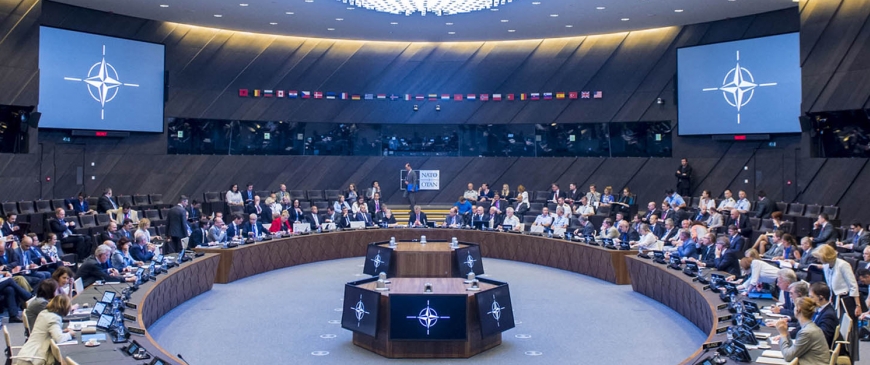
As the 70th anniversary of its founding in 4 April 1949 approaches, the North Atlantic Treaty Organization (NATO) continues to be the most important contributor to security in Europe and North America. NATO’s commitment to defense against conventional and nuclear threats provides a secure geopolitical environment in which NATO allies can live in freedom and in alliance with other democratic countries in the world. Thus, the 900 million people living in allied countries continue to benefit from NATO’s commitment and contribution to Western security.
Still, NATO allies are facing complex contemporary challenges that arose from the ever-changing definition and the scope of international security. The 70th year anniversary summit itself has become a challenge for the alliance with an accelerating American criticism aimed towards the European members of NATO. With Donald Trump as the President of the US, the biggest member of the alliance, it seems that there is new fracture between the North American and European factions. Criticism and public questioning by Trump of the Article 5 of the NATO Treaty -the defense clause- has been a shocking development in that respect. As a matter of fact, the US Senate had to vote a bipartisan bill to bar President Trump and any future American president in office from withdrawing from NATO[1] just two months ago.
Next to the potential adversity of Russia and China, NATO is today facing urgent issues such as cyber threats, terrorism, and enlargement. Some of the biggest challenges facing NATO can be summarized in 4 categories: defense spending, NATO’s identity crisis and internal split, decision-making and burden-sharing, and partnerships.
Defense spending
The other major area of criticism by Trump concerns the defense spending targets of the allies. It is indicated that only 5 out of 29 members are spending at least 2% of their GDP on defense. According to commentators US is spending %3,5 of its GDP and compared to its GDP, US’ share is holding much of the burden. The debate on this recent split from within coincides with European plans to establish a European Army and the discussions concerning the continuation of American support to the European Deterrence Initiative that began months after the invasion of Crimea by Russia.
Trump’s criticisms are not without merit. In fact, after the public questioning of allies’ defense spending, new targets are being set for 2024 and it is expected that most of the members will be able to increase their spending and therefore contribute more to overall NATO capabilities.
However, such commitment also bears the risk of renewed militarization and a new security dilemma for NATO. On top of that, today, we are already challenged by the recent failure of non-proliferation and arms control treaties such as INF, CFE, and others. Therefore, leaders in NATO and elsewhere must question the merits of increased defense spending. Until very recently, NATO leaders were cognizant of soft security issues like environmental security, and other issues such as terrorism, violent extremism, racism, xenophobia, and right-wing radicalism as important challenges for NATO. Today, hard security issues are gaining the upper hand, while other issues seem to be neglected. Defense spending is essential for a security alliance, but we must bear in mind the question “which security” at all times.
NATO’s identity crisis
Commentators raise the question that there are some allies in NATO that undermine democracy and human rights, and there should be some counter measures against such developments from within. After all, NATO has always symbolized the alliance that protects the “free world”. Although such criticisms should not be neglected, one must acknowledge the fact that in its essence, the Western world is shaken by a rise in radicalism, violent extremism, far right-wing politics, and xenophobia. In fact, criticisms towards some members of the alliance and not the others with regard to the protection of democracy, human rights, and freedom of speech is overshadowed by an inherent double-standard within the alliance and a spirit of exclusionism among some allies.
Decision-making and burden sharing
Another challenge that faces NATO is strengthening the decision-making mechanisms of the alliance. Commentators argue that especially during crises, NATO should be able to effectively and timely respond to the challenges. Some also argue that Secretary General’s role and authority should be increased.
It is clear that most international organizations, including NATO, go under structural changes and try to adapt to new challenges. Increasing the effective and timely decision-making, as well as the supranational character of NATO is a discussion that basically resulted from the wars that occurred in the last three decades. NATO and the allies should not be forced to fight member states’ wars or end them. Afghanistan is one example. 18 years of fighting did not bring a resolution to the fight, let alone security to either Afghanistan or the allies. NATO did not engage directly in Iraq, but there is an ongoing debate as to whether NATO should be given a more prominent role other than training and other missions.
On the other hand, defending NATO allies in need should stay in the essence of the organization. While discussing Iraq and Afghanistan, Turkey’s calls for support against terrorism are mostly neglected. NATO allies have been indecisive at best about real threats such as terrorism against Turkey, while discussing the need for a more active role in Iraq, Afghanistan and elsewhere. NATO should be more active, but allies should not ignore the threats towards member states.
Relations with China
Commentators do not see China as a direct threat to most NATO allies. China is the world's second largest economy by nominal GDP and the world's largest economy by purchasing power parity. It is emerging as the most powerful global competitor of North America and Europe. China is also becoming a political, economic, and military power with global strategic goals to further its position in the international arena. Consequently, NATO is expected to closely monitor the rise of China, strengthen its military partnerships with Japan, South Korea, Australia, New Zealand, and others and develop a cohesive approach.
Relations with Russia and the Black Sea Security
NATO’s approach to Russia has been merely limited to the security dimension. However, NATO is also a political alliance. The continued threat perception towards Russia, together with attempts to contain Russian influence in Eastern Europe and the Black Sea has produced mixed results. The ambivalence surrounding the membership prospects for Ukraine and Georgia has left these two countries open to Russia’s influence. Therefore, political ambiguities, as well as attempts to encircle Russia have all backfired. The Turkish approach has been to hold meticulously on to Montreux Convention in the Black Sea, to maintain neighborly relations with Russia while supporting Georgia and Ukraine in their relations with NATO. Such a balanced approach is needed to be established by the allies and the US. NATO also needs to enhance its multidimensional approach to Russia and take into account the delicacy of keeping security and stability in the Black Sea.
Open Door Policy vs. Partnerships
NATO’s open door policy is a critical component of enlarging the geopolitical landscape of Western security. North Macedonia, Ukraine, and Georgia’s memberships will be a great contribution to NATO. On the other hand, it does not seem very likely for Ukraine and Georgia to become members in the very near future. The sensitivity surrounding the membership of these two partners have been most damaging to NATO. Some may argue that Russia’s invasion of Crimea and recognition of the Abkhazia and South Ossetia created more disappointment with NATO than with Russia.
A very critical example of the ambiguity with regard to the partnership policy is the with Armenia. Relations between NATO and Armenia started in 1992, when Armenia joined the North Atlantic Cooperation Council, later succeeded in 1997 by the Euro-Atlantic Partnership Council. Today, Armenia is part of the Partnership for Peace (PfP) programme with an Individual Partnership Action Plan (IPAP), which is jointly agreed every two years. This means that Armenia cooperates with NATO not only in the defense sphere, but also on political and security issues. Again, very surprisingly, Armenia joins NATO-led operations in Afghanistan and Kosovo in limited capacity.
There is no information in the NATO website on relations with Armenia that Armenia is a CSTO member. Not only that, but Armenia is one of the most important partners of Russia and hosts the only Russian military force and bases in the South Caucasus. Armenia depends on Russia for its defense and is in a key position with regard to Russian presence in the South. Armenia occupies and continues to have effective control of Azerbaijan’s territory of Nagorno-Karabakh and surrounding regions. Therefore, Armenia is currently a party to a conflict with Azerbaijan, Turkey’s immediate neighbor in the South Caucasus. And considering the high-level strategic partnership between Turkey and Azerbaijan, Armenia’s actions hindering peace and stability in the region directly affect Turkey’s security as well as peace in the South Caucasus region.
Establishing long-lasting partnerships with a view to future membership should remain one of NATO’s essential goals. However, partnerships at the expense of NATO allies’ security is a challenge NATO needs to answer. NATO’s partnership with Armenia in fact may result in further insecurity in NATO’s neighborhood by promoting Armenia’s position in the Nagorno-Karabakh conflict. Also, as a member of CSTO, Armenia is home to Iskandar missiles as well as a shared air defense with Russia. Armenia’s subtle attempts to “balance” NATO and the CSTO damage NATO’s open door policy, its partnership program, and allies’ trust in NATO’s principles.
[1] “US House votes overwhelmingly to bar US exit from NATO,” DefenseNews.com, January 22, 2019, https://www.defensenews.com/congress/2019/01/23/us-house-votes-overwhelmingly-to-bar-us-exit-from-nato/
© 2009-2025 Center for Eurasian Studies (AVİM) All Rights Reserved
No comments yet.
-
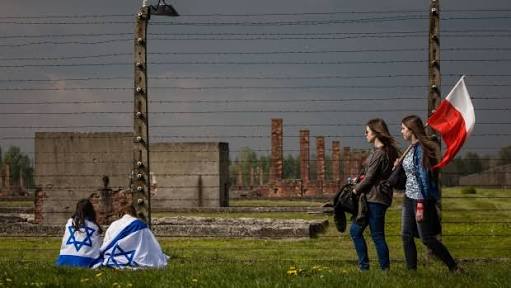 DOUBLE STANDARDS REGARDING THE POLISH LEGISLATION ON THE HOLOCAUST
DOUBLE STANDARDS REGARDING THE POLISH LEGISLATION ON THE HOLOCAUST
Teoman Ertuğrul TULUN 22.02.2018 -
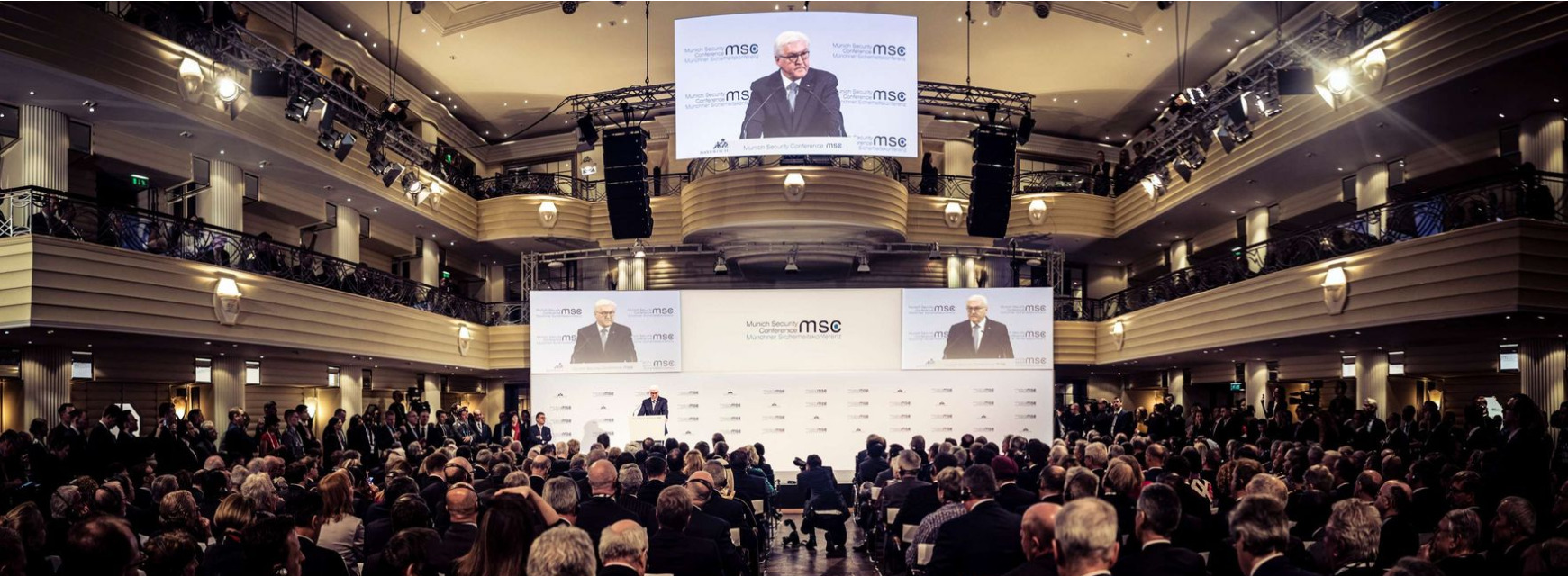 MUNICH SECURITY CONFERENCE 2020 REVEALS THE NECESSITY OF "CONSTRUCTIVE EURASIANISM"
MUNICH SECURITY CONFERENCE 2020 REVEALS THE NECESSITY OF "CONSTRUCTIVE EURASIANISM"
Teoman Ertuğrul TULUN 21.02.2020 -
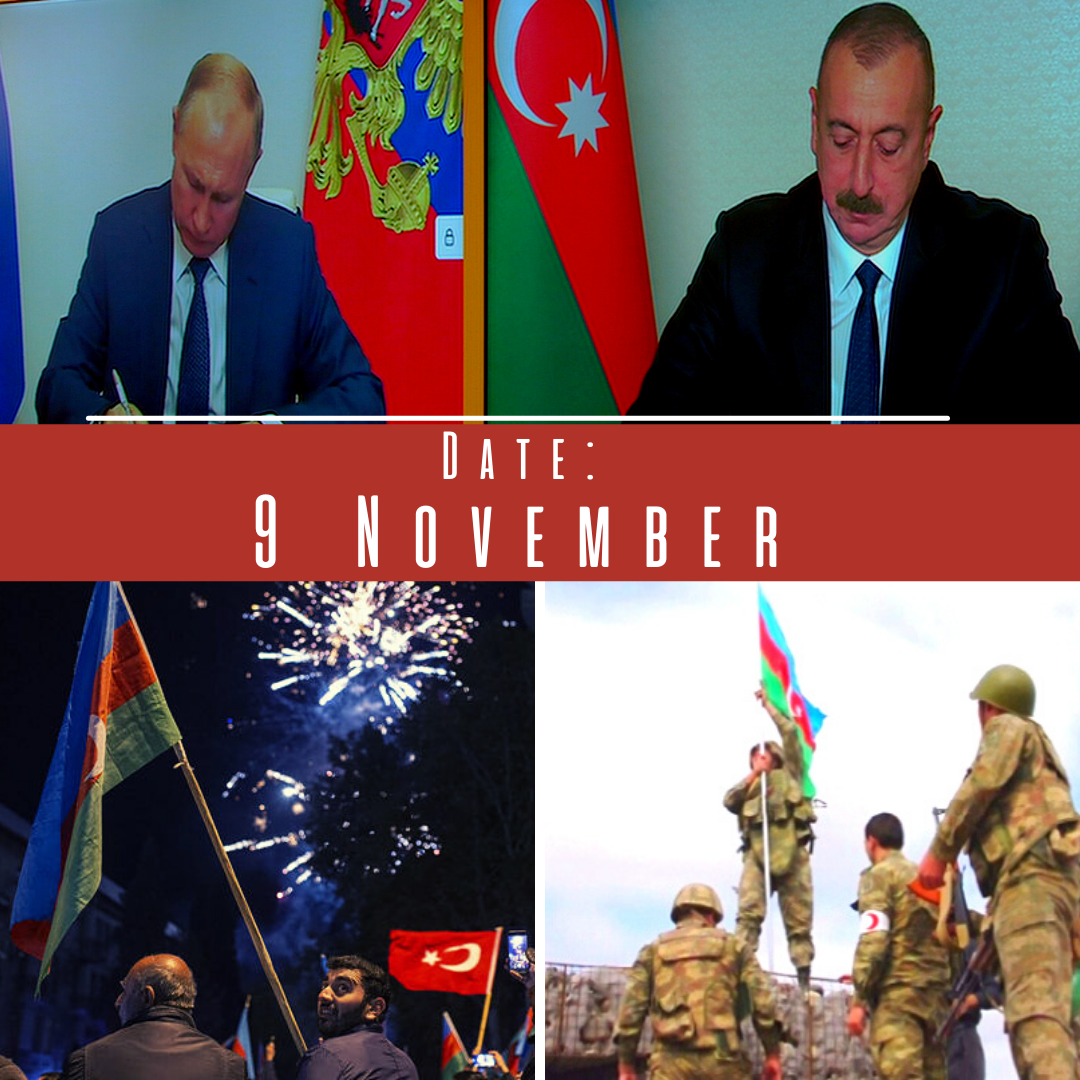 ONE YEAR AFTER THE LIBERATION OF KARABAKH
ONE YEAR AFTER THE LIBERATION OF KARABAKH
Tutku DİLAVER 12.11.2021 -
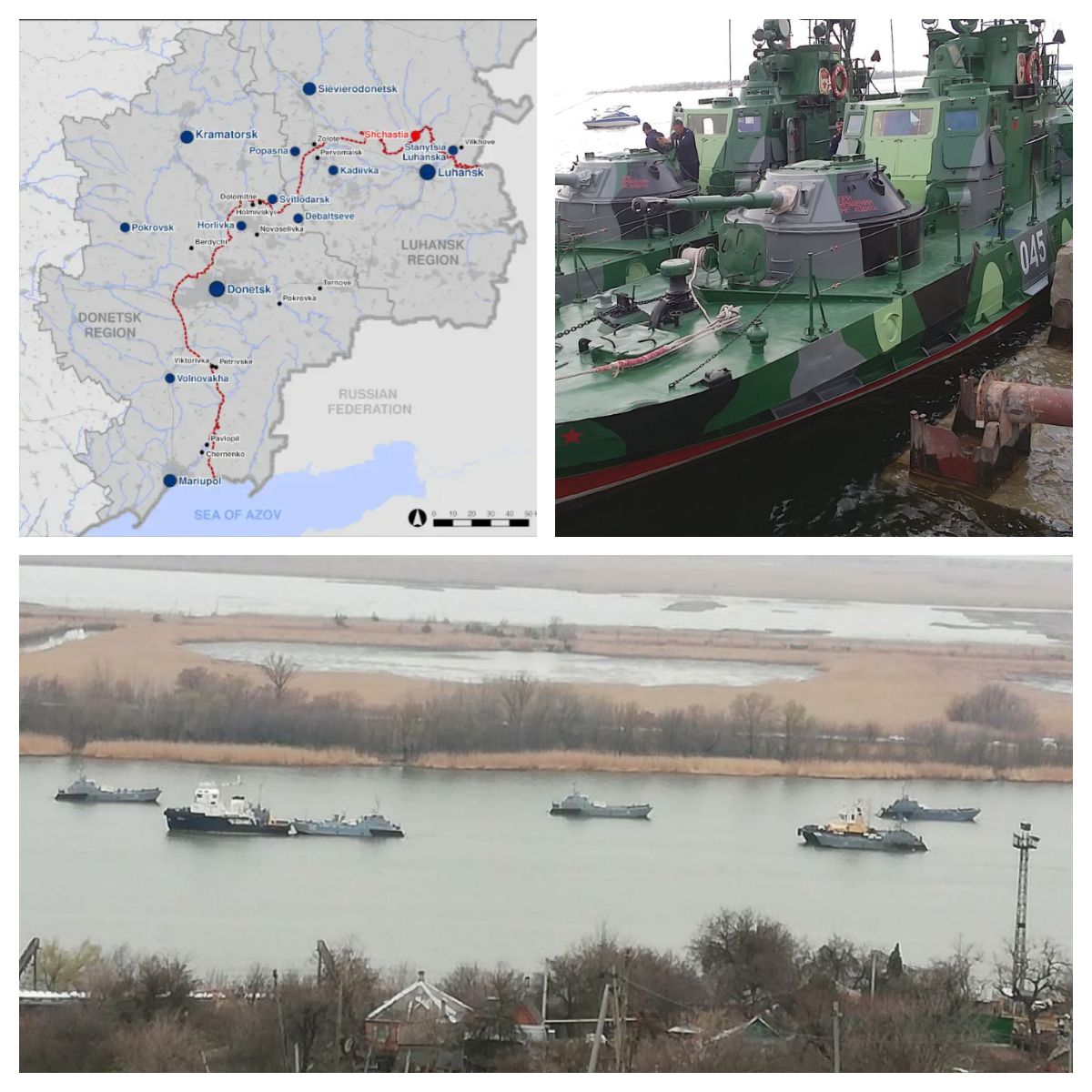 MILITARY USE OF INLAND WATERWAYS IN THE BLACK SEA REGION
MILITARY USE OF INLAND WATERWAYS IN THE BLACK SEA REGION
Teoman Ertuğrul TULUN 16.04.2021 -
 BANGLADESH: CHANGING INTERNATIONAL BALANCES IN SOUTH ASIA
BANGLADESH: CHANGING INTERNATIONAL BALANCES IN SOUTH ASIA
Seyda Nur OSMANLI 07.03.2025
-
25.01.2016
THE ARMENIAN QUESTION - BASIC KNOWLEDGE AND DOCUMENTATION -
12.06.2024
THE TRUTH WILL OUT -
27.03.2023
RADİKAL ERMENİ UNSURLARCA GERÇEKLEŞTİRİLEN MEZALİMLER VE VANDALİZM -
17.03.2023
PATRIOTISM PERVERTED -
23.02.2023
MEN ARE LIKE THAT -
03.02.2023
BAKÜ-TİFLİS-CEYHAN BORU HATTININ YAŞANAN TARİHİ -
16.12.2022
INTERNATIONAL SCHOLARS ON THE EVENTS OF 1915 -
07.12.2022
FAKE PHOTOS AND THE ARMENIAN PROPAGANDA -
07.12.2022
ERMENİ PROPAGANDASI VE SAHTE RESİMLER -
01.01.2022
A Letter From Japan - Strategically Mum: The Silence of the Armenians -
01.01.2022
Japonya'dan Bir Mektup - Stratejik Suskunluk: Ermenilerin Sessizliği -
03.06.2020
Anastas Mikoyan: Confessions of an Armenian Bolshevik -
08.04.2020
Sovyet Sonrası Ukrayna’da Devlet, Toplum ve Siyaset - Değişen Dinamikler, Dönüşen Kimlikler -
12.06.2018
Ermeni Sorunuyla İlgili İngiliz Belgeleri (1912-1923) - British Documents on Armenian Question (1912-1923) -
02.12.2016
Turkish-Russian Academics: A Historical Study on the Caucasus -
01.07.2016
Gürcistan'daki Müslüman Topluluklar: Azınlık Hakları, Kimlik, Siyaset -
10.03.2016
Armenian Diaspora: Diaspora, State and the Imagination of the Republic of Armenia -
24.01.2016
ERMENİ SORUNU - TEMEL BİLGİ VE BELGELER (2. BASKI)
-
AVİM Conference Hall 24.01.2023
CONFERENCE TITLED “HUNGARY’S PERSPECTIVES ON THE TURKIC WORLD"









